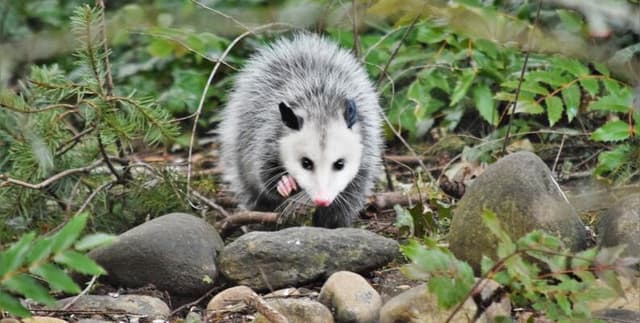Possum Morphometric Data
Synthetic Biology & Genetic Engineering
Tags and Keywords
Trusted By




"No reviews yet"
Free
About
This dataset provides nine morphometric measurements for 104 mountain brushtail possums. Trapped across seven sites spanning from Southern Victoria to central Queensland, Australia, it is a classic practice dataset ideal for honing regression skills. It is particularly useful for predicting a possum's age, head length, or sex based on its physical dimensions. This dataset originated from the DAAG R package and is also featured in Chapter 8 of the OpenIntro Statistics book, making it an excellent resource for beginners in data analysis and regression techniques.
Columns
- case: Observation number.
- site: The site number where the possum was trapped.
- Pop: Population region, either Vic (Victoria) or other (New South Wales or Queensland).
- sex: Gender, recorded as 'm' (male) or 'f' (female).
- age: The age of the possum.
- hdlngth: Head length, measured in millimetres (mm).
- skullw: Skull width, measured in millimetres (mm).
- totlngth: Total length of the possum, measured in centimetres (cm).
- taill: Tail length, measured in centimetres (cm).
- footlgth: Foot length.
- earconch: Ear conch length.
- eye: Distance from the medial canthus to the lateral canthus of the right eye.
- chest: Chest girth, measured in centimetres (cm).
- belly: Belly girth, measured in centimetres (cm).
Distribution
This dataset is typically provided as a CSV file (
possum.csv). It contains 104 records (possums) and includes 14 distinct columns of morphometric and demographic information. The file size is approximately 5.48 KB. All columns are fully populated, with no missing values recorded across the 104 observations.Usage
This dataset is perfectly suited for various regression applications, including:
- Predicting a possum's age based on its body dimensions.
- Forecasting head length, potentially using total length as a predictor.
- Determining which possum body dimensions are most correlated with age and sex.
- Classifying a possum's sex using its body dimensions and trapping location.
- Predicting the original trapping location of a possum from its body measurements. It serves as an excellent starting point for those new to regression techniques and data analysis.
Coverage
The dataset covers mountain brushtail possums (
Trichosurus caninus Ogilby) trapped at seven distinct sites within Australia, specifically from Southern Victoria to central Queensland. Demographic coverage includes both male and female possums, with varying ages recorded. The population data distinguishes between possums from Victoria and those from other regions (New South Wales or Queensland). No specific time range for data collection is provided.License
CC0: Public Domain
Who Can Use It
This dataset is ideal for:
- Beginner Data Scientists/Analysts: To practise and understand fundamental regression techniques.
- Students of Statistics: Especially those studying linear regression, given its use in the OpenIntro Statistics book.
- Researchers in Biology/Ecology: For exploring relationships between physical attributes and demographic factors in possums.
- Machine Learning Enthusiasts: To build and test predictive models for classification and regression tasks.
Dataset Name Suggestions
- Possum Morphometric Data
- Australian Brushtail Possum Measurements
- Possum Biometrics for Regression
- Mountain Possum Body Dimensions
- Wildlife Morphometry Dataset
Attributes
Original Data Source: Possum Morphometric Data
Loading...
Free
Download Dataset in CSV Format
Recommended Datasets
Loading recommendations...
